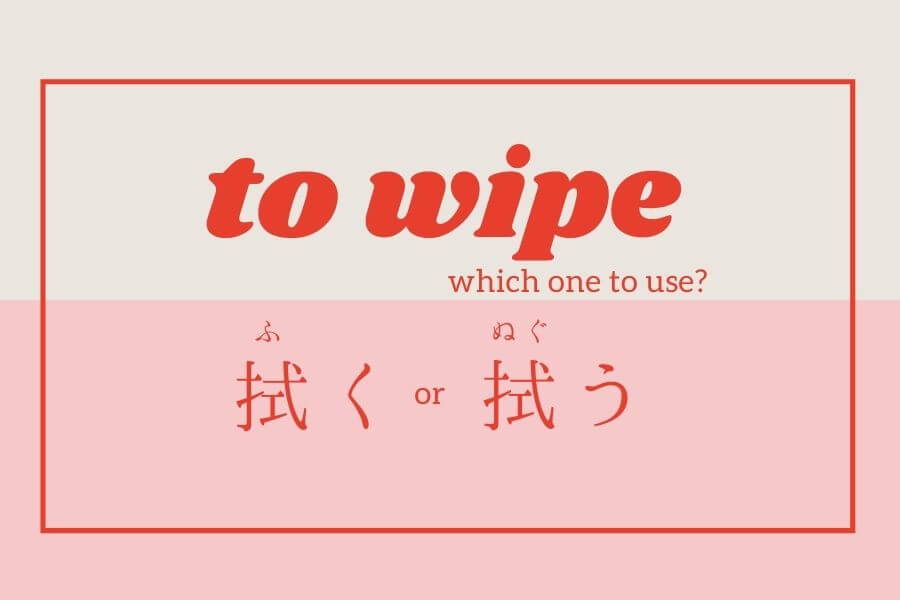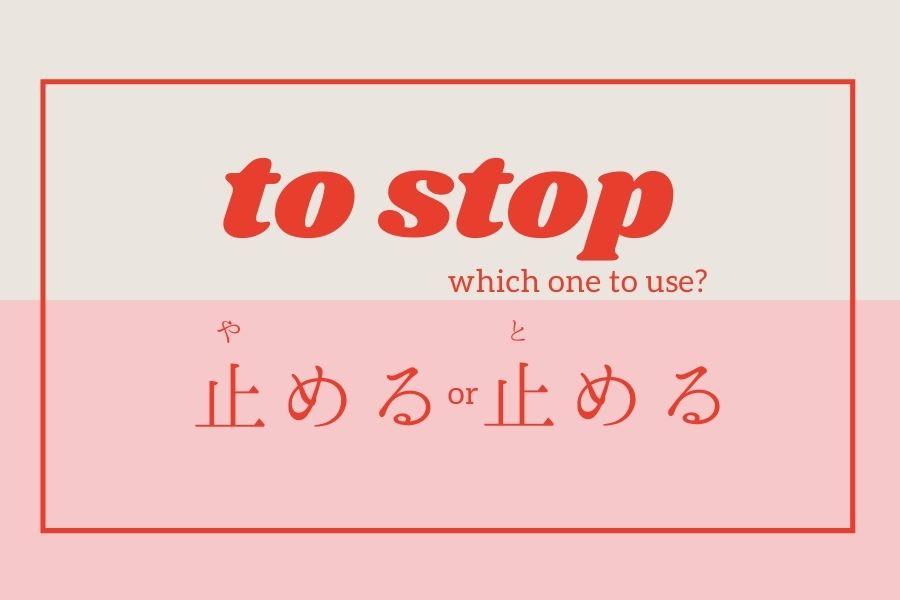We have several ways to say “in the blink of an eye” in Japanese.
瞬きをする間もなく、…
まばたき を する ま も なく、…
mabataki wo suru ma mo naku, …
This is the closest one to “in the blink of an eye”. 瞬き(まばたき・mabataki) means a blink. Exact translation will be “There is even no time to blink”. まばたき is a noun, so you need to add する(suru: to do) to make a verb, to blink. 間(ま・ma) is a noun and it means a certain period of time or duration of time. も here is a particle and it means “even (though)” because the sentence is negative form. なく comes from ない (nai: not, not exist). Since the sentence have to continue after 瞬きをする間もなく, we cannot use ない.
瞬く間
またたく ま
matataku ma
またたく あいだ
matataku aida
瞬く(またたく・matataku) is a verb, which means “(stars or lights) twinkle”. As you can see, the Kanji for 瞬く(またたく・matataku: stars or lights twinkle) and 瞬き(まばたき・mabataki: Blink) are the same.
If you want to use in a sentence, it will be at the beginning of a sentence and you need to add a particle に(ni)right after it in order to make it an adverb.
Time flies so fast
あっという間
あっと いう ま
atto iu ma
This is also used to say “Time flies so fast!”.
Let’s break it down because it is interesting.
あっ is an exclamation which is used when you realized about something. It is like Oh! と is a quotation particle. いう(iu) is a verb, to say. Again, 間(ま・ma) is a noun and it means a certain period of time or duration of time. In conclusion, あっという間 means “While (someone) says Oh!” = it is a very short period of time.
If you want to use in a sentence, it will be at the beginning of a sentence and you need to add a particle に(ni)right after it in order to make it an adverb.



